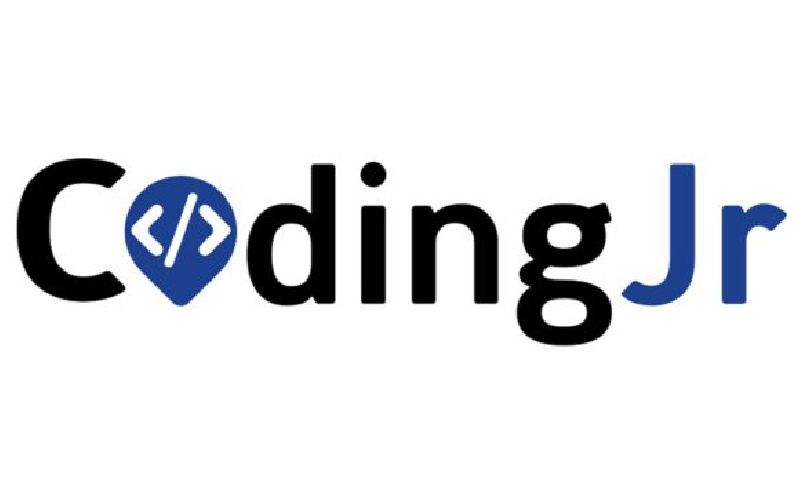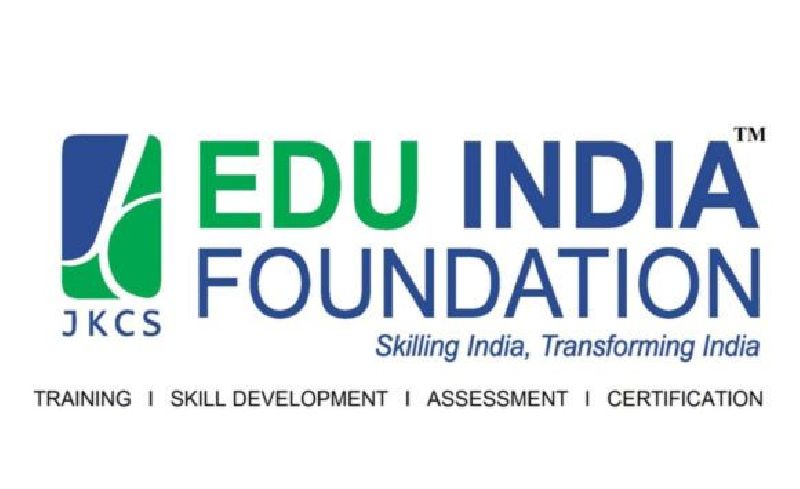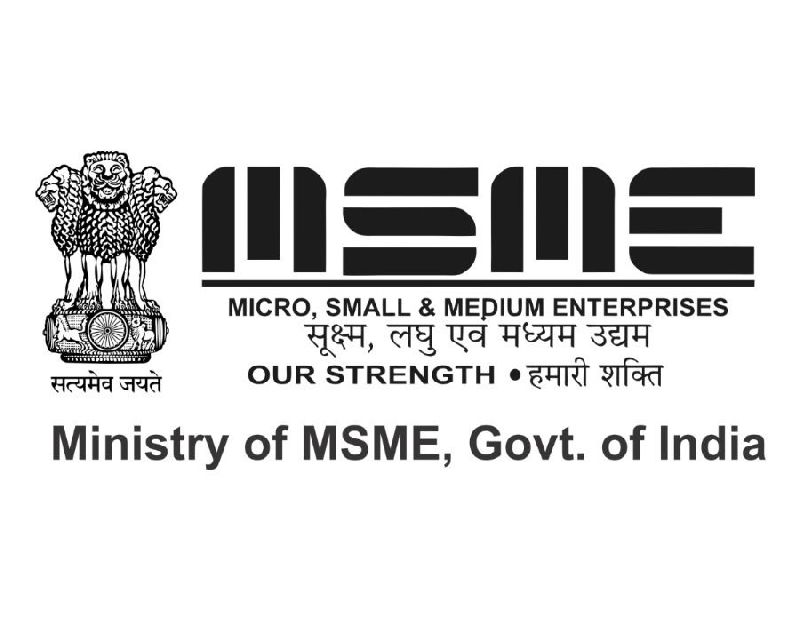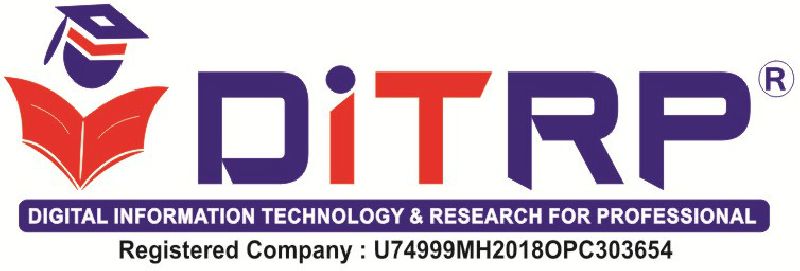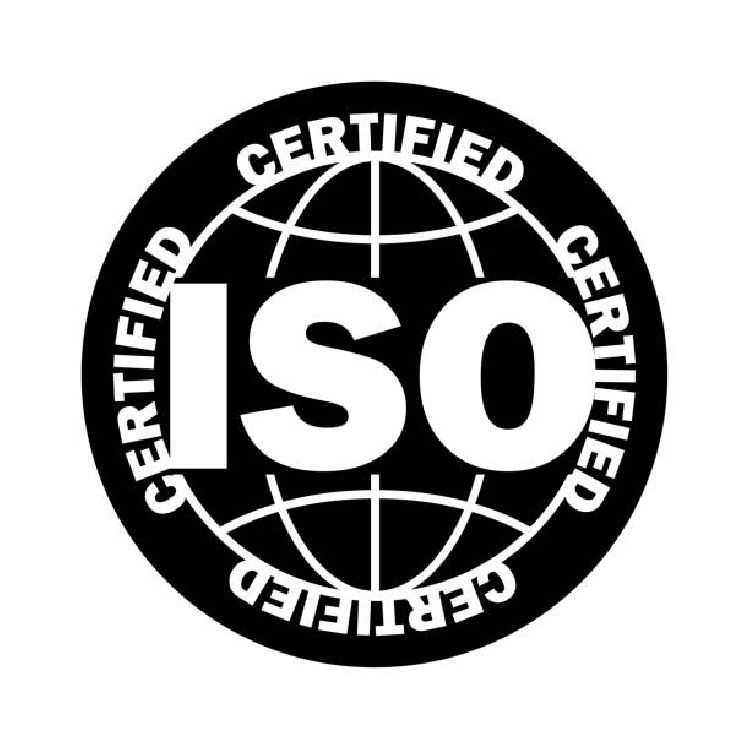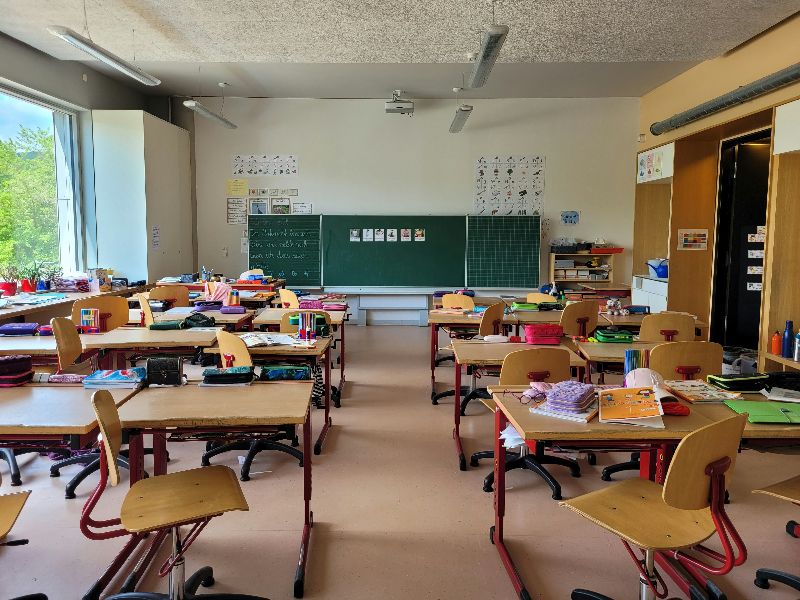
Course Syllabus
Mathematics: The PSEB Class 10 Mathematics syllabus is structured to enhance students' analytical and problem-solving abilities. Key topics include Real Numbers, focusing on properties and applications; Polynomials, involving operations and factorization; Pair of Linear Equations in Two Variables, addressing solution methods; Quadratic Equations, exploring solutions and applications; and Arithmetic Progressions, examining sequences and series.
Science: The Science curriculum integrates Physics, Chemistry, and Biology to provide a comprehensive understanding of natural phenomena.
Physics: Topics include Light, focusing on reflection and refraction; Electricity, covering electric circuits and Ohm's law; Magnetic Effects of Electric Current, exploring electromagnetism; and Sources of Energy, discussing renewable and non-renewable sources.
Chemistry: Students study Chemical Reactions and Equations, understanding different types of reactions; Acids, Bases, and Salts, exploring their properties and uses; Metals and Non-Metals, focusing on physical and chemical properties; and Carbon and Its Compounds, delving into organic chemistry basics.
Biology: The curriculum covers Life Processes, examining vital functions in organisms; Control and Coordination, focusing on nervous and hormonal systems; How Do Organisms Reproduce, exploring reproduction methods; and Heredity and Evolution, understanding genetic inheritance and evolutionary concepts.
English: The English syllabus aims to enhance linguistic proficiency and literary appreciation. It includes Reading Comprehension, focusing on understanding unseen passages; Writing Skills, covering letter writing, essays, and reports; Grammar, teaching syntax and usage; and Literature, analyzing prose, poetry, and drama from prescribed texts.
Social Science (SST): The Social Science syllabus is divided into History, Civics, Geography, and Economics.
History: Topics include Physical Features of Punjab and Their Influence on Its History, Political and Social Conditions of Punjab before Guru Nanak Dev Ji, Guru Nanak Dev Ji and His Teachings, Contribution of Sikh Gurus from Guru Angad Dev Ji to Guru Tej Bahadur Ji, Guru Gobind Singh Ji’s Life, Creation of Khalsa, and His Personality, Banda Singh Bahadur and the Sikh Misals, Ranjit Singh: Early Life, Achievements, and Anglo-Sikh Relations, The Anglo-Sikh Wars and Annexation of Punjab, and Punjab’s Contribution towards the Struggle for Freedom.
Civics: Subjects include Features of the Indian Constitution, The Central Government, The State Government, Indian Democracy at Work, and Indian Foreign Policy and United Nations.
Geography: Chapters cover India—An Introduction, Land, The Climate, Natural Vegetation, Wildlife, and Soils, Land Utilization and Agriculture, Minerals and Power Resources, and Population.
Economics: Topics include Basic Concepts, Infrastructure of the Indian Economy, Agriculture Development in India, and Industrial Development in India.
This structured curriculum ensures that students receive a well-rounded education, preparing them for future academic pursuits and informed citizenship.

Course Code : BCC

Course Code : PY01
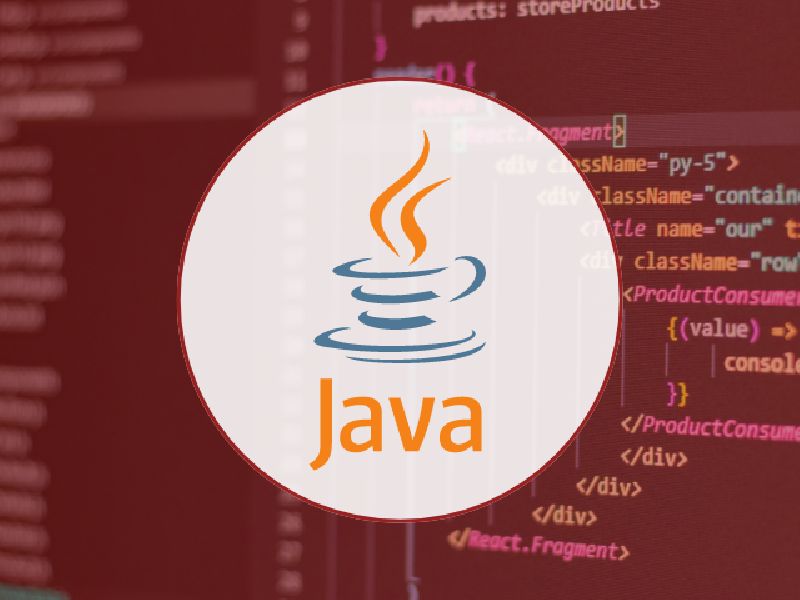
Course Code : JAVA01

Course Code : NONMED12
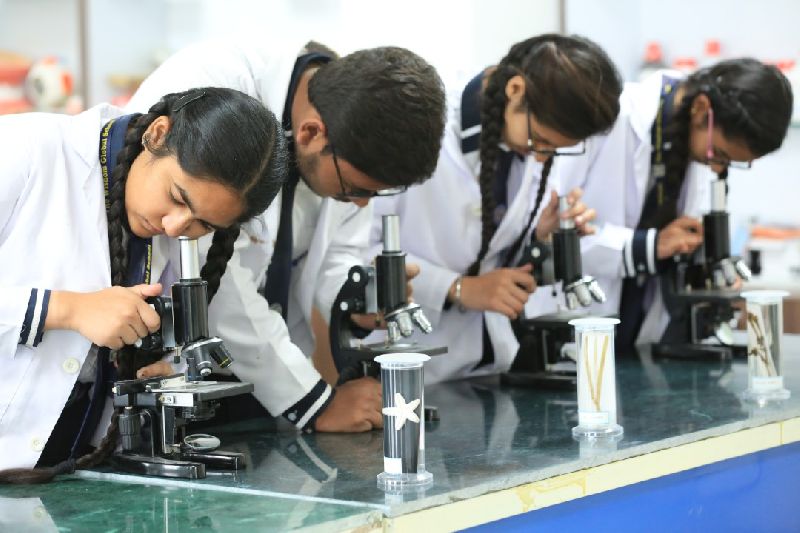
Course Code : MED12

Course Code : COM12

Course Code : ICSE10

Course Code : PSEB10

Course Code : CBSE9

Course Code : ICSE9

Course Code : PSEB9

Course Code : NONMED11
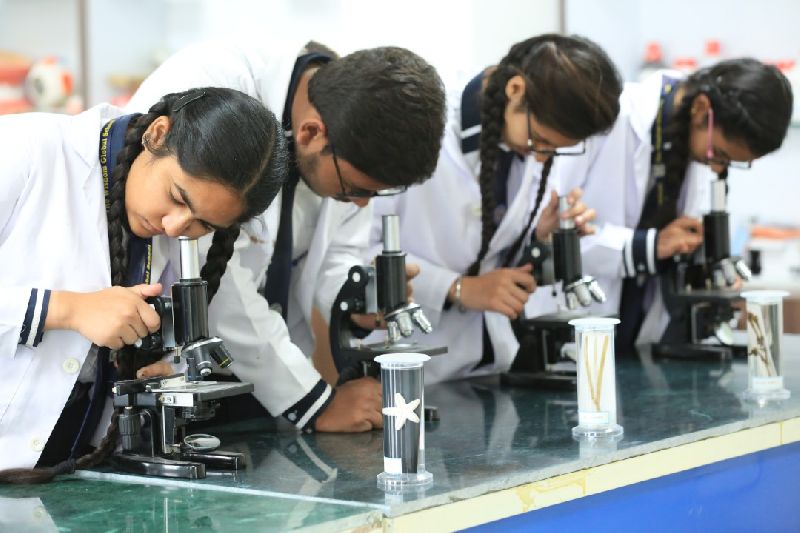
Course Code : MED11

Course Code : COM11

Course Code : IIT-JEE-CC

Course Code : NEET-CC
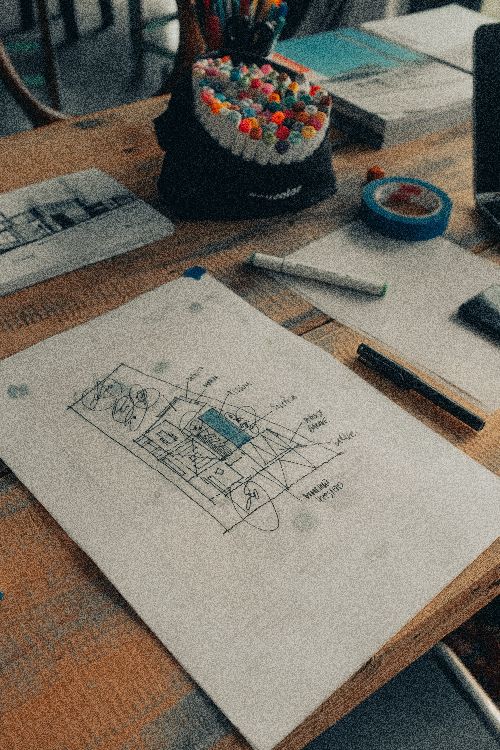
Course Code : NATA-CC

Course Code : PPMET-CC
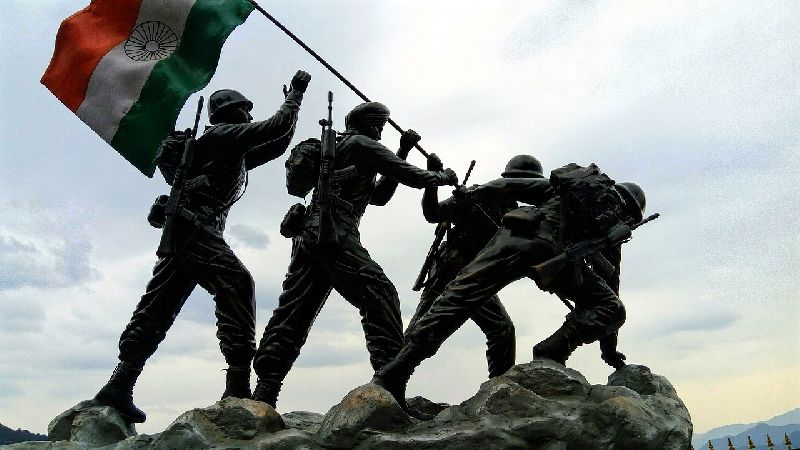
Course Code : NDA-CC
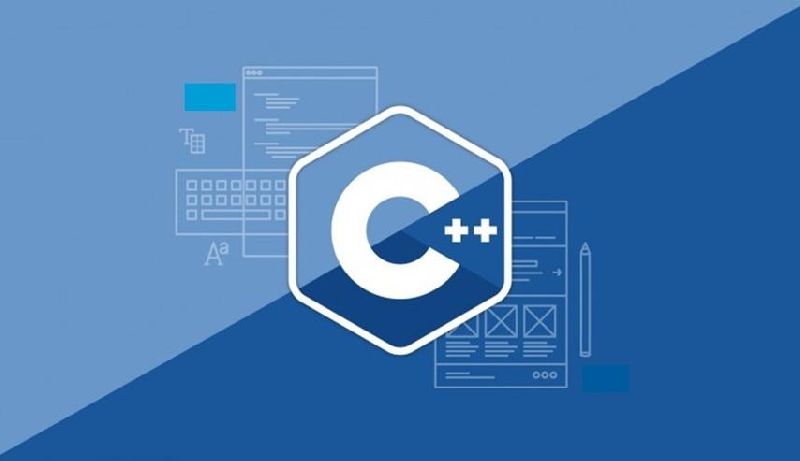
Course Code : CPP
Course Code : FTE
Course Code : SUPERMED11

Course Code : COM12

Course Code : NONMED12

Course Code : MED12

Course Code : ICSE10

Course Code : PSEB10

Course Code : CBSE9

Course Code : ICSE9

Course Code : PSEB9

Course Code : NONMED11

Course Code : MED11

Course Code : COM11
Course Code : SUPERMED11
Course Code : FTE

Course Code : NEET-CC
Course Code : CBSE10
Course Code : SUPERMED12
Course Code : SUPERMED12

Course Code : NONMED12

Course Code : MED12

Course Code : COM12

Course Code : ICSE10

Course Code : PSEB10

Course Code : CBSE9

Course Code : ICSE9

Course Code : PPMET-CC
Course Code : FTE

Course Code : MED11

Course Code : NEET-CC
Course Code : SUPERMED12
Course Code : CBSE10

Course Code : PSEB9

Course Code : NONMED11

Course Code : COM11
Course Code : SUPERMED11

Course Code : PPMET-CC

Course Code : IIT-JEE-CC

Course Code : NATA-CC

Course Code : NDA-CC
Course Code : CBSE10
Course Code : PHY11-12
Course Code : CHE11-12
Course Code : MAT11-12
Course Code : BIO11-12
Course Code : PHY11-12
Course Code : CHE11-12
Course Code : MAT11-12
Course Code : BIO11-12

Course Code : BCC

